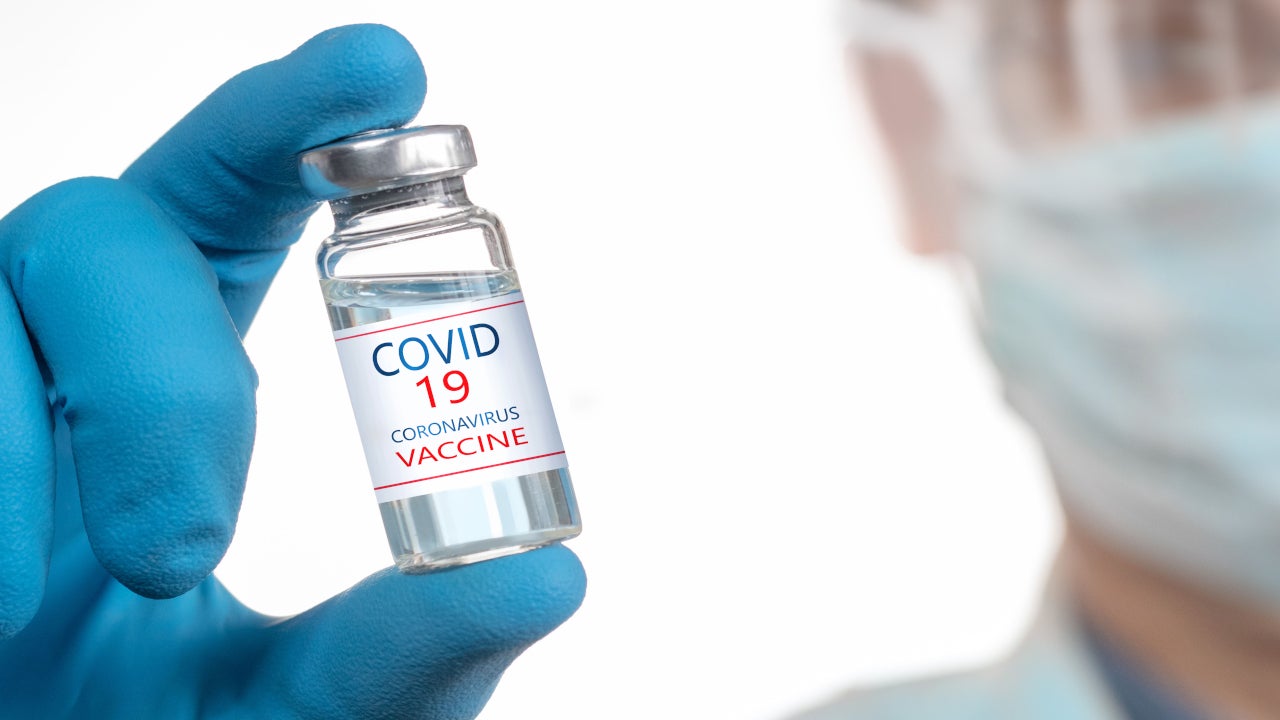Implications for Phase II Trial Abivertinib’s
Sorrento Therapeutics’ Phase II study of the tyrosine kinase inhibitor (TKI) STI-5656 (abivertinib) in hospitalised Covid-19 patients has enrolled 60 of its 80-patient target, said CEO Henry Ji. A futility analysis is planned with 40 patients who have already been enrolled, he said. Depending on the speed of data cleanup and blinded statistician analyses, the result of this futility analysis may be available in one month, Ji added.
The trial’s primary endpoint is aimed at evaluating the proportion of subjects alive and free of respiratory failure at day 28. Regardless of the futility analysis, the trial will still enrol 80 patients as planned while the subset of patient data is analysed, he added. FDA clearance to start this study was announced on 20 July 2020, and the study’s primary completion date is in March 2021.
The open-label, randomised, Phase II study is comparing abivertinib with standard of care (SOC) versus SOC, as determined by the investigator. Abivertinib is a TKI targeting mutant forms of epidermal growth factor receptor (EGFR) and Bruton’s tyrosine kinase (BTK). The drug’s immunomodulatory activity is intended to inhibit pro-inflammatory cytokines like interleukin (IL)-1beta, IL-6 and tumour necrosis factor-alpha, which are present in high levels during the cytokine storm. The trial focuses on moderate-to-severe hospitalised Covid-19 patients with an oxygen saturation at less than 94% on room air or requiring supplemental oxygen.
Sorrento has also been in the news for its monoclonal antibody (mAb) program in Covid-19, which is in a competitive mAb landscape boasting two authorised mAb cocktails. Sorrento’s market cap is $4.12bn.
The company’s lead candidate is the mAb STI-2020 (COVI-AMG). While a 50-outpatient Phase I/II COVI-AMG study is listed on ClinicalTrials.gov, the trial was discontinued in favor of a separate healthy subject study, which was never posted to the site, and a Phase II trial in the outpatient setting, said Ji. The healthy volunteer trial indicated the mAb had a safe profile, he added. The Phase II trial has also been amended to eliminate the 40mg dose group, so the estimated sample size is 375 patients, said Ji. Currently, the ClinicalTrials.gov entry includes a 500-participant target meant to evaluate 40mg, 100mg and 200mg doses of COVI-AMG.
Sorrento is also planning similar trials in Mexico and Brazil with COVI-AMG, said Ji. While the single-arm, open-label trial in Mexico will largely be a safety study, a Phase II, double-blind, placebo-controlled trial is planned in Brazil, he said. As such, more than 1,000 patients will be enrolled in the different COVI-AMG studies, explained Ji. COVI-AMG is designed to be delivered through an intravenous (IV) push administration over 2–5 minutes at 100mg or 200mg doses. Ji emphasised that these doses are significantly lower than those of its competitors. Eli Lilly’s bamlanivab is authorised at a 700mg dose, while Regeneron Pharmaceuticals’ mAb cocktail of casirivimab and imdevimab is dosed at 1,200mg each.

US Tariffs are shifting - will you react or anticipate?
Don’t let policy changes catch you off guard. Stay proactive with real-time data and expert analysis.
By GlobalDataSorrento announced preclinical data with another mAb candidate, STI-1499, on 28 September 2020. While it was shown to have neutralising activity against SARS-CoV-2, COVI-AMG was later developed as an affinity-matured version, which is more potent than STI-1499. As a result, development efforts have now been switched to focus on COVI-AMG, said Ji.
In addition to the mAbs delivered via IV push, Sorrento is awaiting FDA clearance to start a Phase I study with the intranasal formulation of STI-2099 (COVI-DROPS), said Ji. This would further reduce the quantity of mAb required for efficacy to 1–2 log less than the IV formulation, said Ji. Sorrento is studying both the IV and intranasal formulations individually, but is exploring a potential future combination, said SVP of Antiviral and Immunology Robert Allen.
Sorrento is readying a preclinical pipeline of multiple mAbs to address the current pool of emerging SARS-CoV-2 variants and potential future seasonal variants, said Allen, adding these could be paired with COVI-AMG.
On 31 January, the company announced four Covid-19 patients were being discharged after being treated with three infusions of the allogeneic adipose-derived mesenchymal stem cells (COVI-MSC) in a Phase I study. If the same activity is seen in the next 12 patients, the company plans to do a Phase II/III study with 100 patients, said Ji.
Manasi Vaidya is a Senior Reporter for Clinical Trials Arena parent company GlobalData’s investigative journalism team. A version of this article originally appeared on the Insights module of GlobalData’s Pharmaceutical Intelligence Center. To access more articles like this, visit GlobalData.





